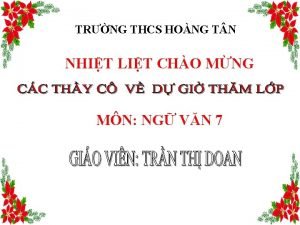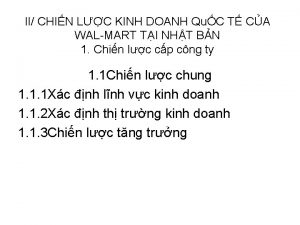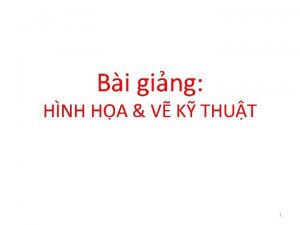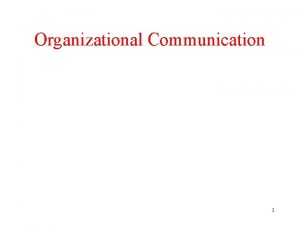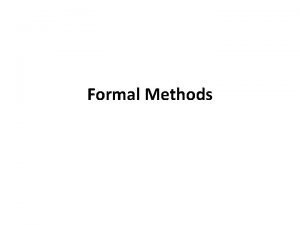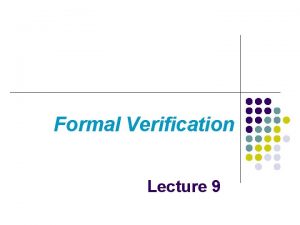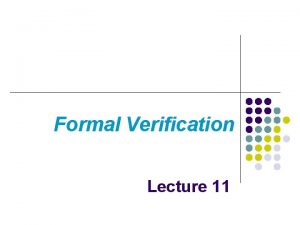Types of Organizational Communication Formal Communication Communication that






- Slides: 6

Types of Organizational Communication • Formal Communication – Communication that follows the official chain of command or is part of the communication required to do one’s job • Informal Communication – Communication that is not defined by the organization’s hierarchy • Permits employees to satisfy their need for social interaction • Can improve an organization’s performance by creating faster and more effective channels of communication Chapter 10, Stephen P. Robbins, Mary Coulter, and Nancy Langton, Management, Ninth Canadian Edition Copyright © 2009 Pearson Education Canada 20

Direction of Communication Flow • Downward – Communications that flow from managers to employees to inform, direct, coordinate, and evaluate employees • Upward – Communications that flow from employees up to managers to keep them aware of employee needs and how things can be improved to create a climate of trust and respect Chapter 10, Stephen P. Robbins, Mary Coulter, and Nancy Langton, Management, Ninth Canadian Edition Copyright © 2009 Pearson Education Canada 21

Direction of Communication Flow • Lateral (Horizontal) Communication – Communication that takes place among employees on the same level in the organization to save time and facilitate coordination • Diagonal Communication – Communication that cuts across both work areas and organizational levels in the interest of efficiency and speed Chapter 10, Stephen P. Robbins, Mary Coulter, and Nancy Langton, Management, Ninth Canadian Edition Copyright © 2009 Pearson Education Canada 22

Types of Communication Networks • Chain Network – Communication flows according to the formal chain of command, both upward and downward • Wheel Network – All communication flows in and out through the group leader (hub) to others in the group • All-Channel Network – Communication flows freely among all members of the work team Chapter 10, Stephen P. Robbins, Mary Coulter, and Nancy Langton, Management, Ninth Canadian Edition Copyright © 2009 Pearson Education Canada 23

Exhibit 10. 4 Three Common Organizational Communication Networks and How They Rate on Effectiveness Criteria Speed Accuracy Emergence of leader Member satisfaction Chain Wheel All-Channel Moderate High Moderate Fast High Low Fast Moderate None High Chapter 10, Stephen P. Robbins, Mary Coulter, and Nancy Langton, Management, Ninth Canadian Edition Copyright © 2009 Pearson Education Canada 24

The Grapevine • An informal organizational communication network that is active in almost every organization – Provides a channel for issues not suitable formal communication channels – The impact of information passed along the grapevine can be countered by open and honest communication with employees Chapter 10, Stephen P. Robbins, Mary Coulter, and Nancy Langton, Management, Ninth Canadian Edition Copyright © 2009 Pearson Education Canada 25



